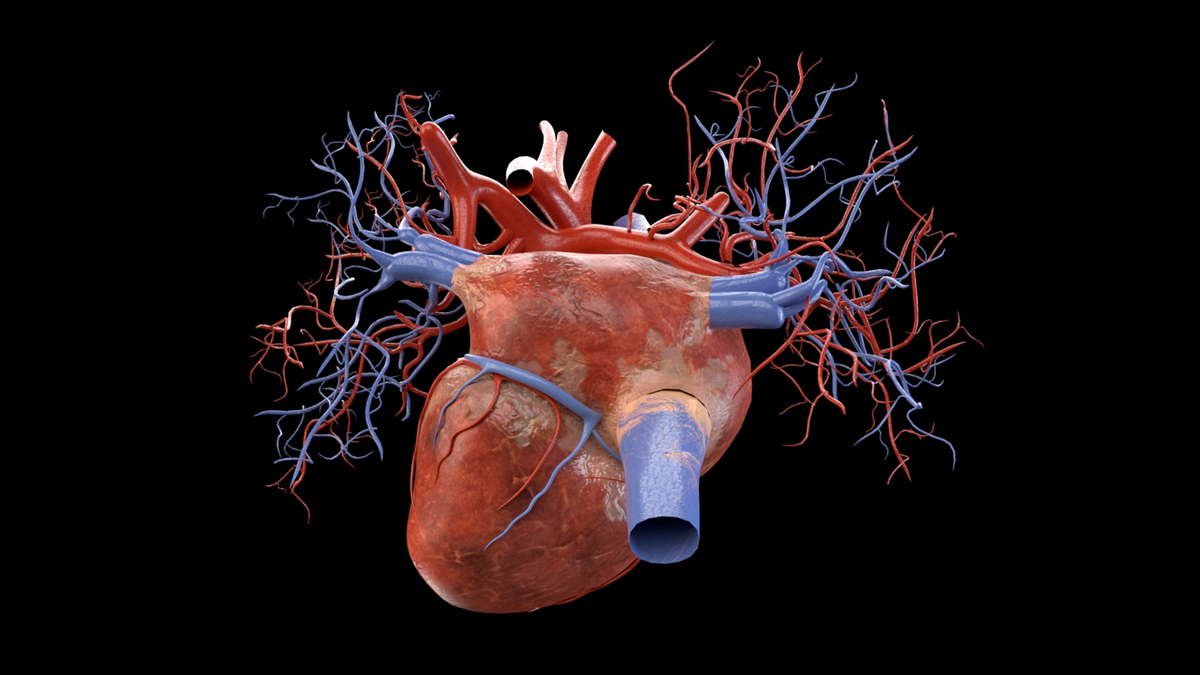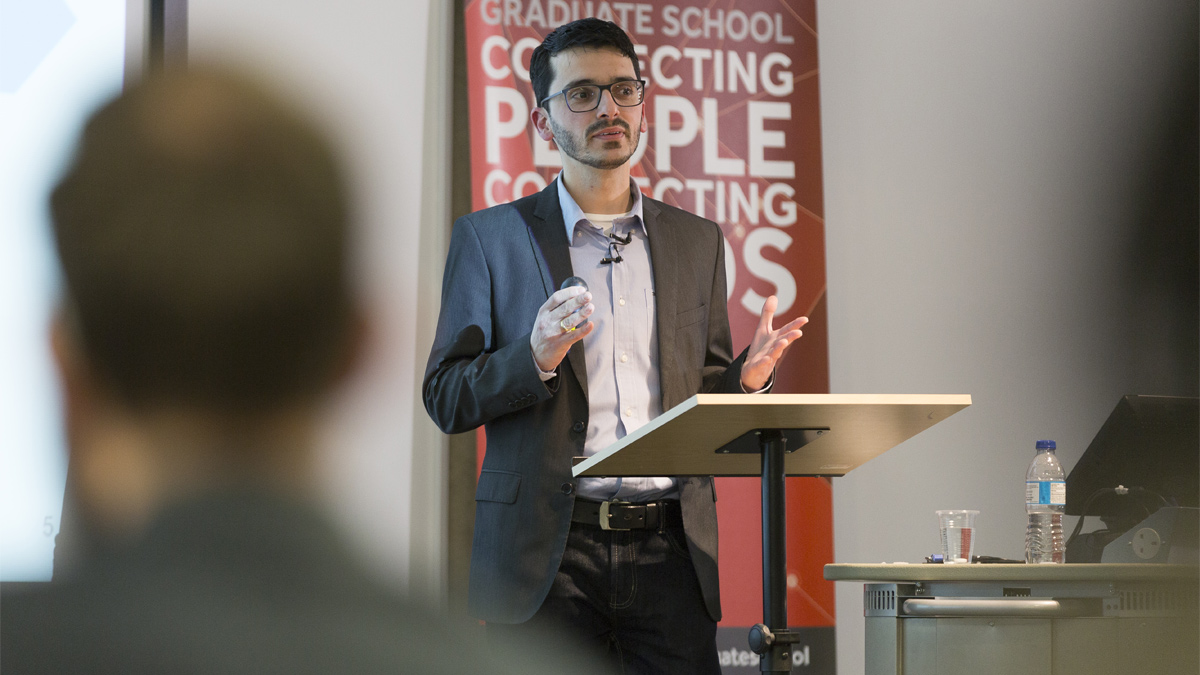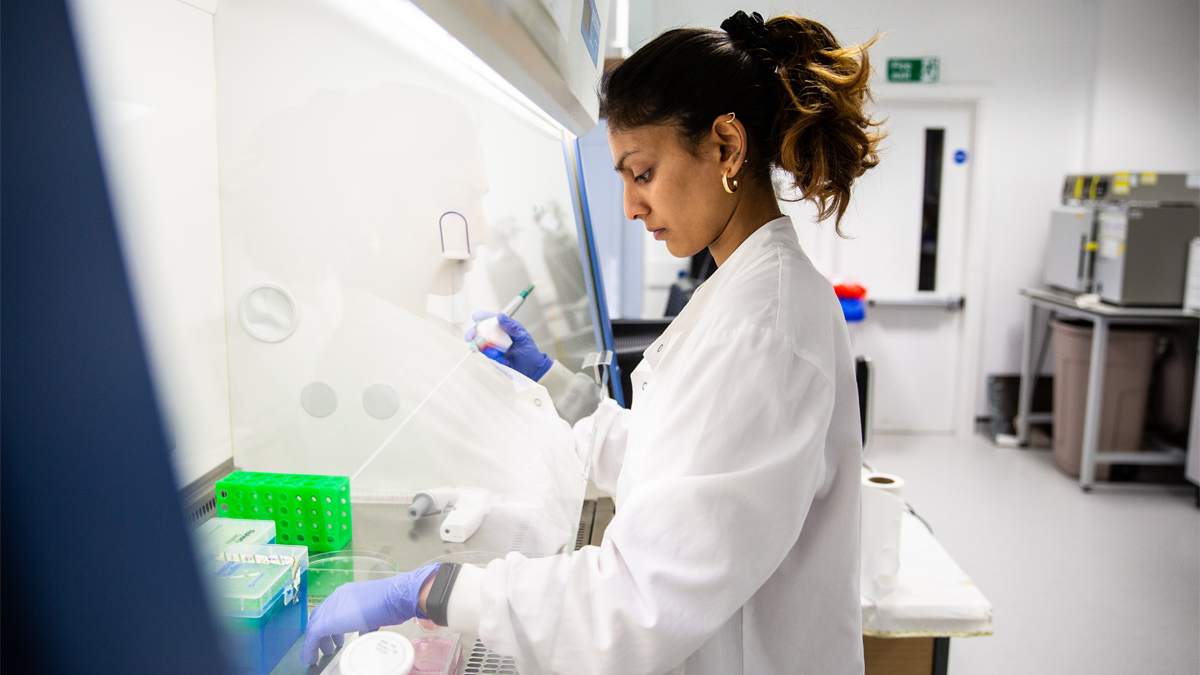We are engaged in exploring many common health problems of relevance to the modern world. Such health issues include ageing, cancer, diabetes, obesity, cardiovascular disease, neurological diseases, stress and the effect of environmental pollutants, with emphasis on areas such as heart physiology, haemostasis and thrombosis.
We are also investigating innovative therapies for muscular dystrophy, factors controlling fertility, and current and emerging transmissible diseases including foot and mouth disease, haemorrhagic fever, intestinal infections and MRSA.
Our aim is to learn all that we can about the mechanisms governing such diseases and to apply the knowledge that we generate to enable prevention, alleviation and/or cure.




